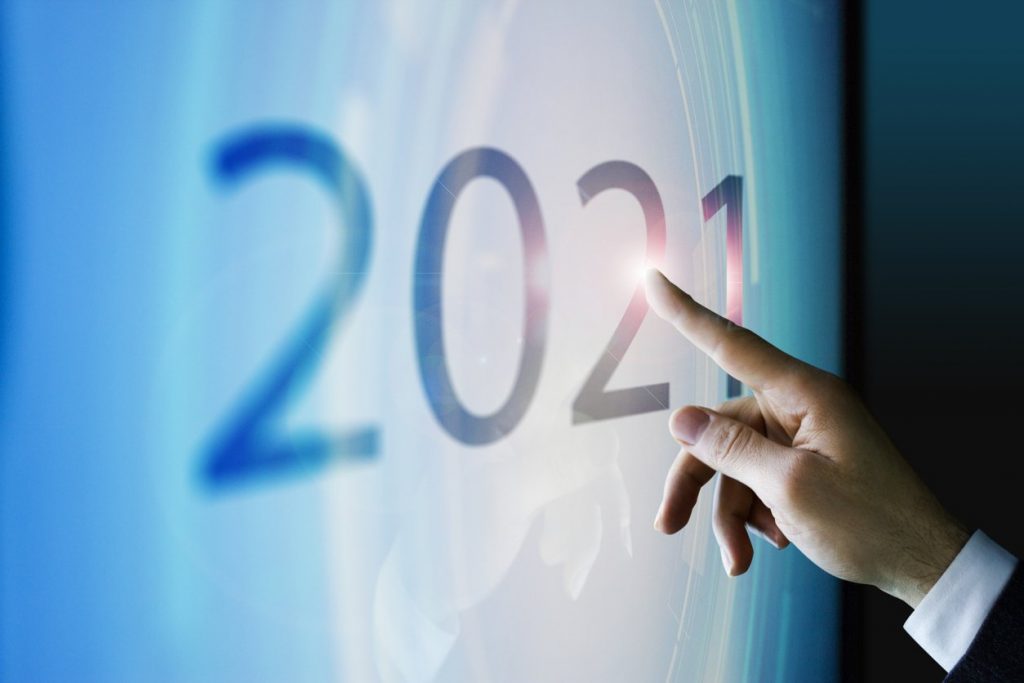
The period “21st century” has become an essential part of educational rationale and planning for the future. Educators and managers are dynamically searching for ways to prepare students for the future, and the educational system has been developing faster than ever earlier. Though, despite learning about the skills that students will need to produce to become successful in the 21st century, as well as what theories about education may be value hanging onto or flinging away, schools and teachers are left trying to character out what their role desires to be in the education of their 21st-century students.
When upon a period, the role of the educator was to organize students for the exact tasks they would be required to complete (be it a job, craft, or profession). Groups were also much more standardized, and so specific values and principles needed to be communicated and practiced to ensure the subsistence of those beliefs.
These days, we don’t live in an identical world. Society is a combination of many different principles and cultures. Globalization has unlocked up the world and allowed people to connect in new and exhilarating ways. We balance traditions and produce unique belief systems that are not taught in any classroom but are advanced through our life practices and passions. Through Assignment writing service Dubai we transfer our values and values without the expectation of them being adopted by our spectators – just recognized by them.
5 Learning Essential Rules of 2021 are described below:
- Visual Learners:
Visual, or three-dimensional, learning is when a person learns more efficiently through seeing and watching. This kind of learner uses pictures, images, videos, and longitudinal understanding to memorize and organize information, and control concepts. For visual learners, the mind’s eye is the whole thing. If they “can not fairly picture it,” then they are less probable to understand and think of it. Visual learners can scrap with memo-taking, as words do not always do they pretend. To aid in this, visual learners may use color to kind data, use pictures in residence of words, and are talented in their sense of direction.
Traits of Visual Learners:
- Able to carry complex ideas visually
- Understands charts and graphs quickly
- Desires to read than listen
- Good at putting puzzles together and knowing patterns
- Formative Assessments and Data Analysis:
Primary on, the teachers at Mesquite made their weekly assessments; now there is a team of teachers at the regional level that writes them. The valuations are minor — typically just five questions on one impartial — but they deliver consistent vision into students’ progress so that teachers can address any wants promptly. Mesquite’s student exploits teacher routes the assessment data and the data from school extensive screenings and benchmarks. She meets with the teachers every two weeks to appraisal the latest results, recognizes students who are stressed, and helps teachers plan training consequently.
- A Mutual Curriculum Calendar:
R&E depends on a common set of clearly defined curricular purposes that are scheduled out for the whole year. This means that for any given week in the interior each score, all the teachers are teaching similar ideas. Though, they are not automatically teaching the same way; the instructional method is left up to each separate teacher.
- Aural Learners:
An aural, or auditory, learner favors learning finished sound and music. This type of learner may do improved with reminder devices, memorization of songs, and replication, as well as poems and rhythms. Aural learners are spectators and are opposed to visual learners. They may paraphrase to make it simpler and use repetition to memorize problematic concepts.
Characters of Aural Learners:
- Follows verbal instructions
- Every so often expresses up or participates in class (i.e., offering to answer questions)
- Good at explanation ideas out loud
- Skilled at oral reports and class performances
- Able to work done complex problems by speaking out lurid
- Loses attentiveness quickly due to sound
5. Schools should be combined with society
- To make scholars become responsible citizens, we need to model what a responsible citizen is.
- Schools will often work at completing this by creating events for the school community, by hopeful students to join committees or take part in school projects, and by sporadically helping the community around them with activities such as food drives or area clean-ups.